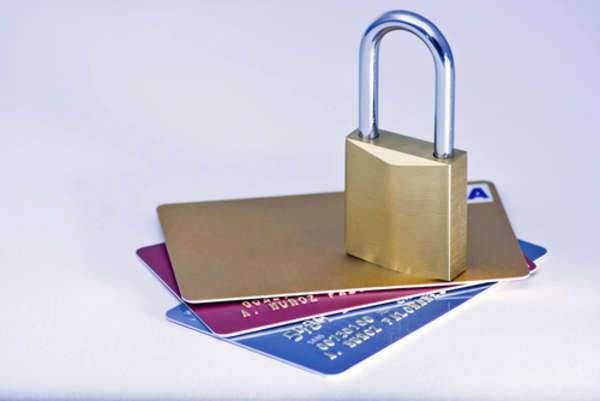Understanding Secured and Unsecured Business Loans
When evaluating secured business loans versus unsecured business loans it is important to understand your company's position and your particular needs for financing. Each type of loan possesses unique requirements, as well as advantages and disadvantages. Before applying for a loan, you must educate yourself with the intricacies associated with both a secured business loan and an unsecured business loan.
A secured business loan is the more common loan agreement. Under this particular type of loan, a borrower offers the lender some form of collateral. The collateral is typically an asset that contains some sort of value in proportion or equal to the loan amount. The collateral is in essence an insurance policy for the lender; if the business defaults on the loan, the lender will recoup their losses through the acquisition of the collateral.
The collateral is anything pledged against the value of the loan. If a default is present the collateral is used to defray the costs of the unpaid debt. Examples of collateral include: accounts receivable, equipment, inventory, cars, or property. As a result of the "secured" status, the interest rates associated with a secured business loan are typically lower than other forms of lending. In addition, the collateral offered makes the secured business loan easier to obtain.

The availability of a loan is dependent on the borrower's ability to repay the loan. A default represents a huge cost for the lender. That being said, the presence of collateral partially offsets the risk of a default. It must be mentioned that the collateral associated with a secured business loan will be given a lower value than its true worth. The process of liquefying the assets decreases the asset’s assessed worth.
In contrast, an unsecured business loan is given without any kind of security or collateral from the borrower. An unsecured business loan is strictly offered in accordance with the borrower's credit rating and financial strength of his or her company.
The unsecured business loan works best for established companies. A lender requires that a company be in existence for at least two years to be eligible for an unsecured business loan. These types of loans are not suitable for start-up companies, or companies that possess poor credit ratings. Knowing the differences between these two types of loans will expedite the loan process and ensure the delivery of suitable interest rates and loan specifications.